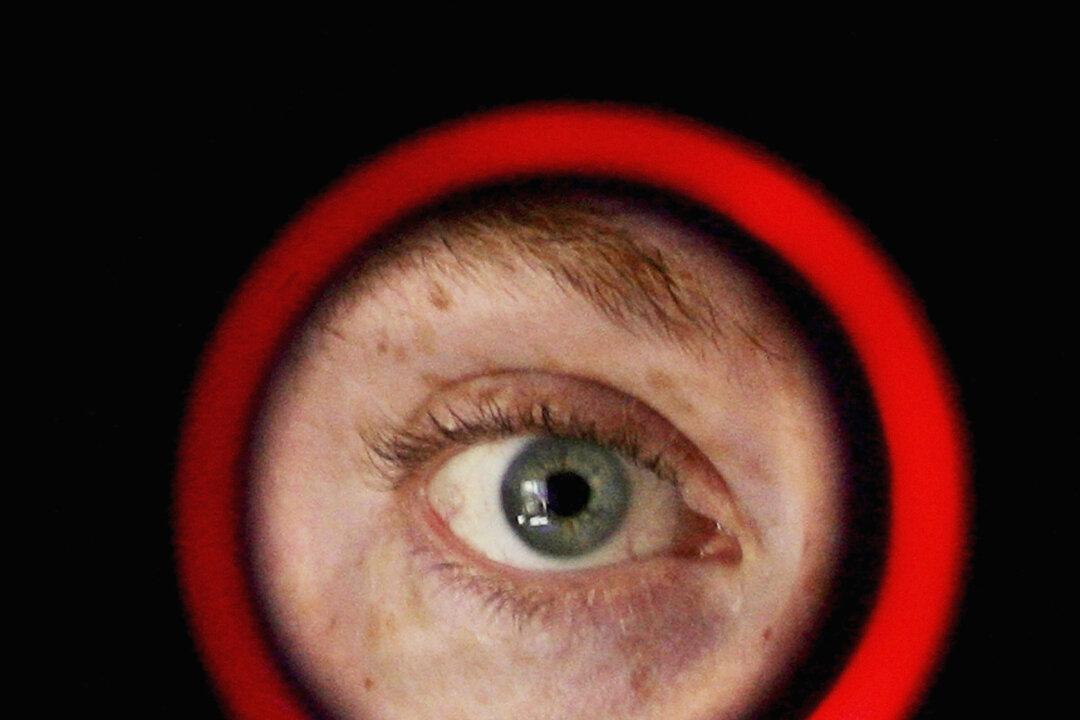For years, the UK has been using biometrics to identify school children, but now that facial recognition (FRT) software is becoming widely adopted, questions are being raised about ethical issues surrounding data and surveillance.
Companies say that the futuristic technology will radically improve productivity and efficiency during dinner times, but critics, including the UK’s snooping tsar, have come out strong against the use of facial recognition cameras in schools.





